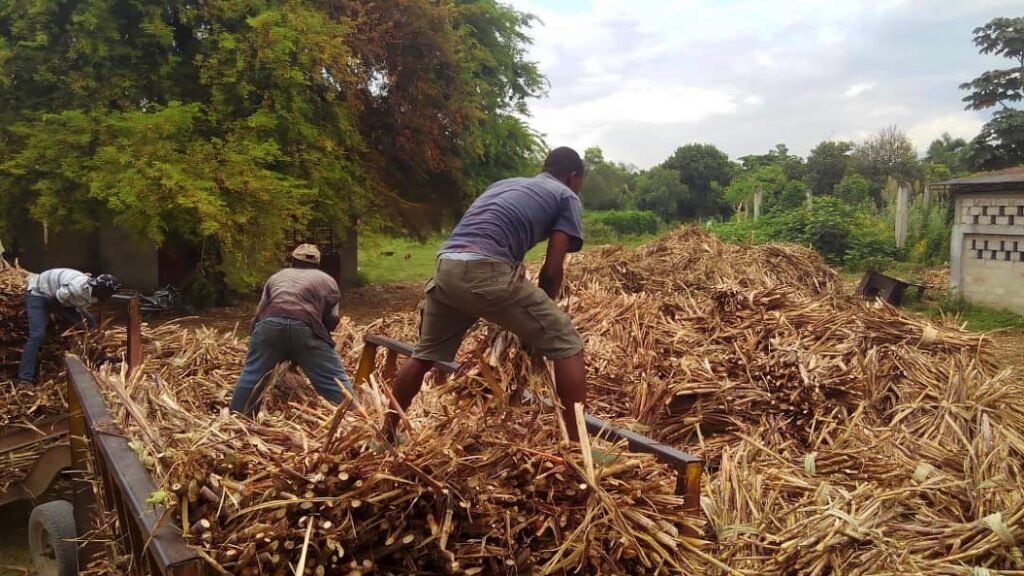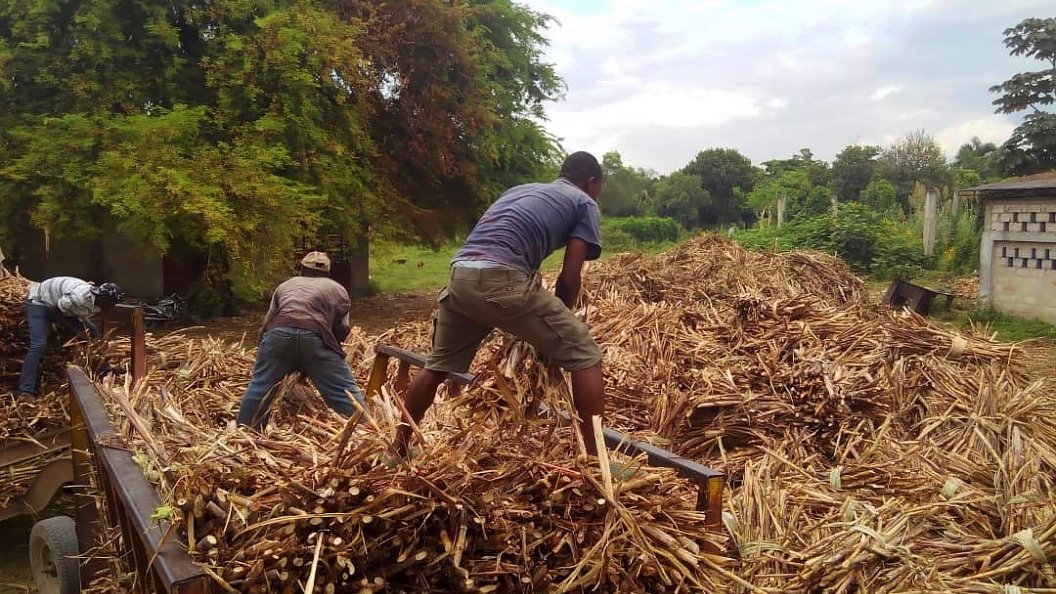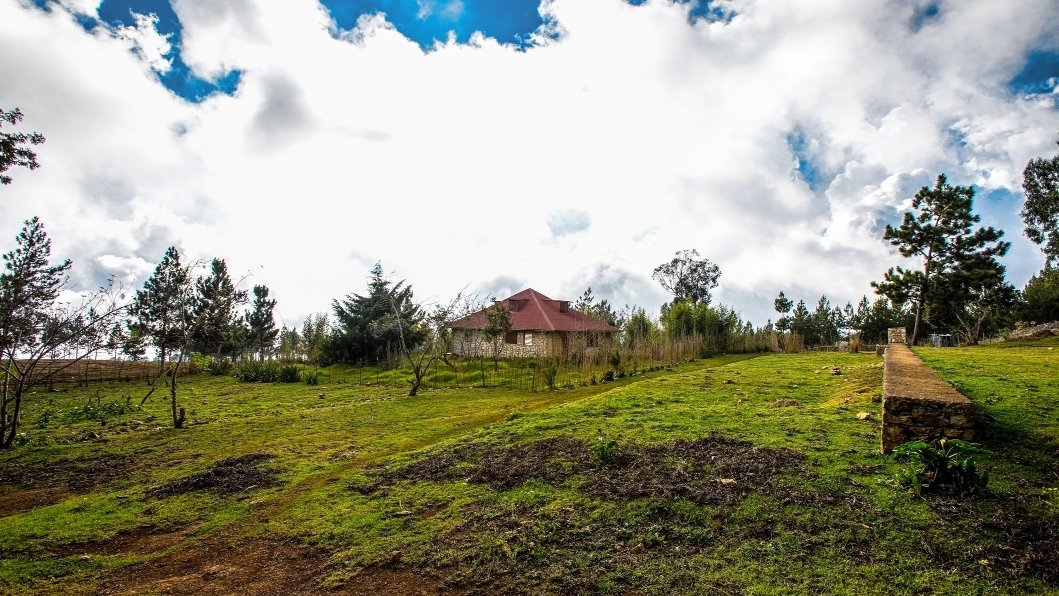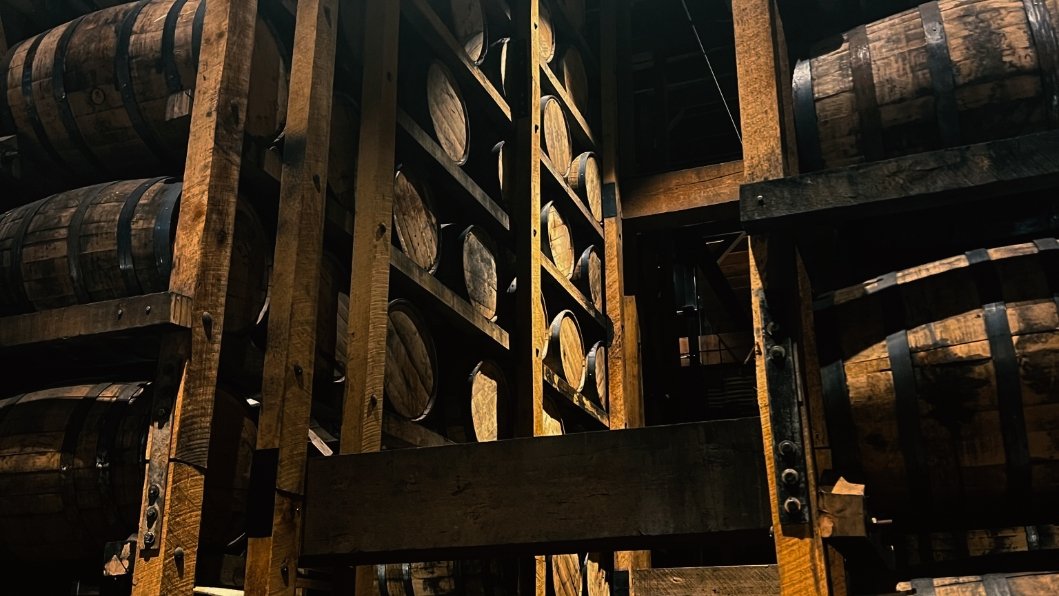Sugar cane harvesting, a critical process in rum production, has traditionally been fraught with environmental and ethical challenges. The common practice of burning the green tops of the towering 20-foot plants before harvesting releases harmful gases into the atmosphere and depletes the soil’s fertility. Furthermore, the industry often suffers from poor working conditions and unfair wages for laborers, raising serious concerns about the sustainability and ethics of traditional harvesting methods.
Traditional Challenges in Sugar Cane Harvesting

Traditional sugar cane harvesting methods present several challenges that impact both the environment and the workforce. These practices, deeply ingrained in the industry, have long-term consequences that are often overlooked in favor of efficiency and cost-cutting. Understanding these drawbacks is essential to appreciating the need for more sustainable and ethical approaches.
Burning the green tops of sugar cane plants before harvesting releases carbon dioxide and other harmful gases, contributing to air pollution and greenhouse gas emissions. This practice also strips the soil of essential nutrients, leading to long-term fertility issues and increased soil erosion.
The sugar cane industry has historically been associated with harsh labor conditions. Workers often face unsafe environments and receive inadequate compensation, exacerbating social and economic inequalities.
Navèt 1804’s Commitment to Sustainable Practices
At Navèt 1804, we are dedicated to revolutionizing sugar cane harvesting by prioritizing sustainability and ethical standards. Our approach involves partnering with local farmers who employ traditional methods that benefit both the environment and the community.
Hand Harvesting and Stubble Retention
We use hand harvesting techniques combined with stubble retention, a method that offers several environmental benefits:
- Soil Health: Hand harvesting allows us to retain the stubble of the sugar cane plant. This technique maintains the soil structure, prevents erosion, and promotes the decomposition of plant material, which enhances soil fertility and moisture retention.
- Biodiversity Support: Stubble retention provides a habitat for various organisms, supporting biodiversity. It also helps sequester carbon, reducing greenhouse gas emissions.
- Weed Suppression and Nutrient Cycling: This method suppresses weed growth and facilitates nutrient cycling, promoting a sustainable ecosystem.
Complementary Crop Integration
To further enhance soil health, we incorporate complementary crops such as legumes, fruits, and vegetables. This practice improves the soil’s physical, chemical, and biological properties, creating a more resilient agricultural system.
Natural Farming Practices
We forgo the use of pesticides and foreign chemicals, embracing a natural approach to farming. By avoiding these harmful substances, we ensure that our farming practices are as pure and sustainable as the spirit we produce.
Ethical Treatment and Fair Wages
Our commitment to ethical practices extends beyond the environment. We ensure that our workers are treated fairly, work in safe conditions, and receive equitable wages. By doing so, we honor both the environment and the people who make our Clairin possible.
Navèt 1804, Bringing A New Standard in Sugar Cane Harvesting
Navèt 1804’s approach to sugar cane harvesting set a new standard in the industry, prioritizing sustainability and ethical practices. By partnering with local farmers and embracing traditional methods, we create a positive impact on the environment and the community. Our dedication to sustainable and ethical harvesting practices ensures that every bottle of Clairin we produce reflects our commitment to quality, heritage, and social responsibility.
Through these efforts, we not only produce an exceptional spirit but also contribute to a healthier planet and a more just society. At Navèt 1804, we believe that true excellence comes from honoring the environment and the people who bring our vision to life.




